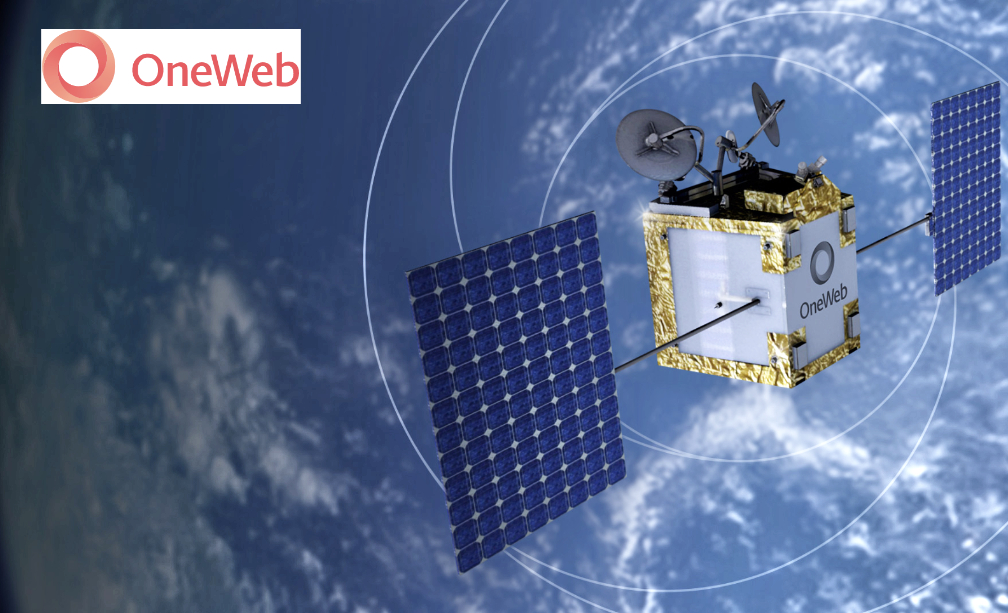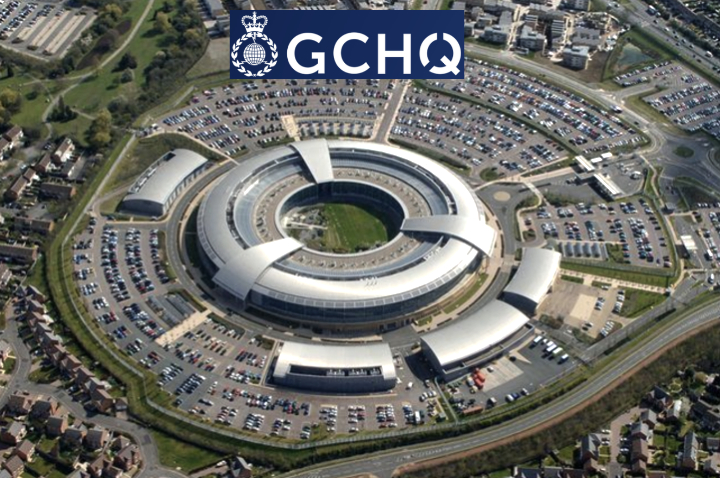
There was reportedly once an attempted takeover of OneWeb by Chinese interests. An article in the Sunday Telegraph stated that the UK’s MI5 security service investigated the China involvement, and this prompted the UK government to step in and buy a major stake in OneWeb.
There was also a further complication in that OneWeb is being merged with Paris-based Eutelsat, which already has a major Chinese shareholder. OneWeb operates 600 LEO satellites providing broadband connectivity around the planet.
The UK government purchased a £400 million stake in OneWeb as the company emerged from bankruptcy. The purchase in OneWeb also gives the UK a ‘golden share’ and thus a strong influence in what happens to the business.
The newspaper claims that a report from the UK’s GCHQ (the UK government’s intelligence, security and cyber agency) as well as the UK’s parliamentary Intelligence & Security Committee, investigated the Chinese interests.

Chinese bidders, including the state-owned China Aerospace Science and Technology Corporation, were considering investment in OneWeb.
However, OneWeb is now on the verge of being acquired and merged into Eutelsat. The acquisition is expected to formally close by the end of September.
China is already a shareholder in Eutelsat with China Investment Corporation (CIC), described as a sovereign wealth fund that manages part of the People’s Republic of China’s foreign exchange reserves. CIC is frequently said to be a “passive” investor in Eutelsat and does not influence board decisions.
The Chinese stake in Eutelsat was engineered when Michel Rosen was CEO at Eutelsat in 2012. CIC obtained a 7 percent stake from Spanish infrastructure company Abertis.
Is Viasat changing Inmarsat’s plan for LEOs?

Inmarsat, prior to its acquisition by US-based Viasat, had planned to launch a fleet of LEO satellites (Orchestra) and now it seems that Viasat is re-thinking the scheme that would save millions in terms of investment.

Viasat has written to the Federal Communications Commission (FCC) withdrawing its applications for V-band satellite spectrum. The letter from Viasat to the FCC said, “Viasat’s wholly owned subsidiary, Inmarsat Inc., is today withdrawing its application for authority to access the US market with a planned NGSO system using portions of the V band.”
Inmarsat itself has not helped clear any confusion, given that it Tweeted a statement on July 26th stating, “Communication lies at the heart of everything we do and being in touch no matter where you are is an expectation. Orchestra will combine multiple orbits & 5G into a single seamless solution so you don’t have to worry about getting connected – you just are.”
Inmarsat already has a test satellite on-orbit that is testing new concepts and system configurations for Orchestra’s proposed LEO constellation, “which will seamlessly integrate with geosynchronous orbit (GEO) and highly elliptical orbit (HEO) satellites, and a terrestrial 5G network, to deliver a uniquely powerful global communications solution for mobility and government customers,” said Inmarsat as long ago as December of 2021.
Inmarsat claimed, “Orchestra the first global network of its kind; creating a global, multi-dimensional, dynamic mesh network that will redefine connectivity at scale with the highest capacity for mobility worldwide and at hot spots across the world. It will deliver the fastest average speeds and the lowest average latency of any network, planned or in existence.”
Rajeev Suri, CEO of Inmarsat and now a Viasat board member, speaking in 2021, said, “Our vision for Orchestra is a network that uses the right technology for the right purpose. We are not beholden to a single approach and believe that the best way to meet customer needs is a multidimensional approach that includes GEO, LEO and terrestrial 5G in a dynamic mesh that brings capacity to where it is needed in the most efficient way possible. [The] announcement is yet another testament to the fact that Inmarsat is a company with commercial momentum and technology leadership.”

